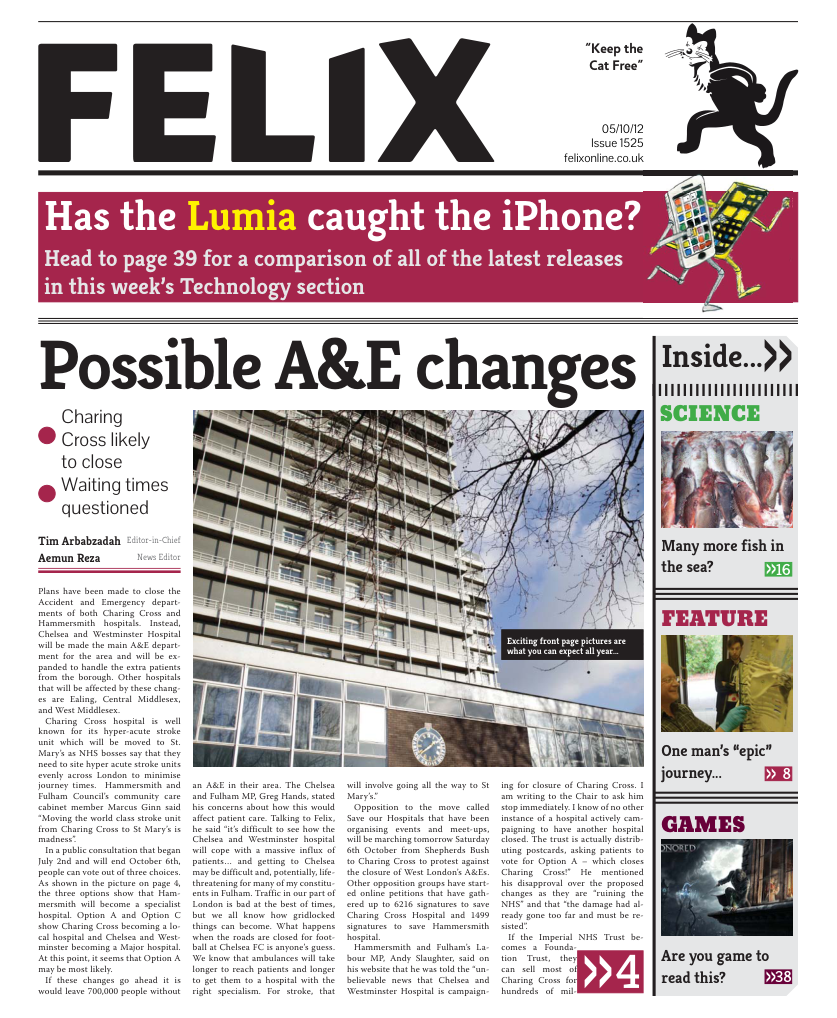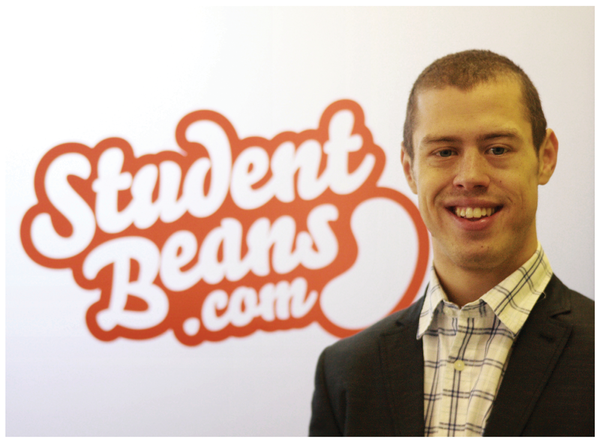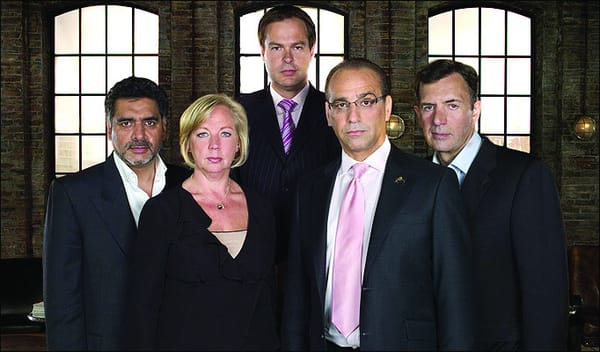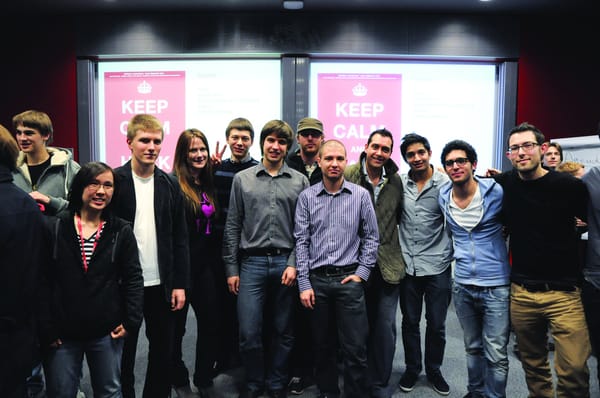How to stop wasting time
Deepka Rana spends 3 hours pretending to write a byline
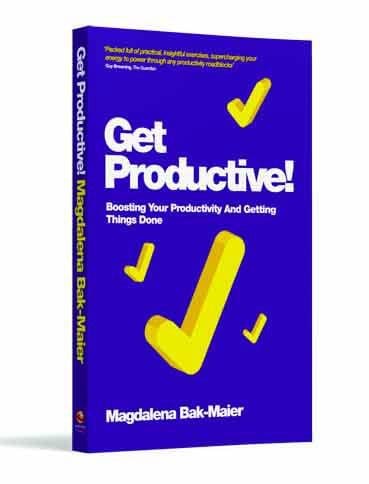
This week I met Dr. Magdalena Bak-Maier, a personal development and learning expert, executive coach to top level scientists and entrepreneurs, and author of Get Productive. The premise of the book is simple: instead of feeling overwhelmed by having too much to do, you can learn how to use your brain well and get things done with time to spare. As she currently works at Imperial as a Organisational Developement Consultant, it seemed fitting to ask the productivity expert a few questions to help Imperial students with their studying habits:
DR: Do you believe electronic apps/tools aid productivity (such as EverNote, Dropbox etc.) and why? MBM: Some do and many don’t. A good app helps you get things done and saves you time. My favorites are: Skype for one-to-one interviews and face-to-face project work anytime, Dropbox to carry and access key documents, Goalscape for mapping and tracking your goals, and Notes for writing simple to-do lists and reminders. I also really love Clock and use it to work to time on tasks. It’s amazing what the brain can do when you give it a challenge.
DR: What is the most common problem people have when it come to productivity and how do you advise them? MBM: The key problem is procrastination, as in delaying the work for later. In the brain, procrastination is actually a code for ‘get more info,’ but few people have worked that out. So instead, procrastination is used to ill effect. My advice is to learn how your brain works and what processes run efficiently in there and how come and then to replicate that process. This is what I do with people in my one-to-one work: Look at things where you don’t procrastinate and notice why. Then compare to areas where you do and get curious. For intelligent brains the answers appear pretty quick. It’s like engineering. There’s a problem and there’s at least one creative way to solve it. In my book I identified 13 solutions, and all problems can be solved using a combination of these strategies, if not one strategy.
DR: Is there such a thing as being too productive? Where should people, students in particular, strike a balance? MBM: In the traditional sense of productivity as in getting results, yes! But I have redefined productivity on far more holistic terms. To be productive means to achieve results like maybe top grades but also beinghealthy, balanced, having fruitful relationships with others, and keeping it all in perspective. Productivity of this nature leads to long term stability and sustained performance and will give you a competitive edge in the job market. DR: How can students better hone their leadership and time management skills on a day-to-day basis? MBM: Use the 13 strategies I outline in the book on a daily basis and hone them like any other skill. Most likely, you will find that you’re already good at some of them, some of the time. So give yourself an extra edge by working that up in a way that matches your needs and life. This is what makes Get Productive so unique. Rather than being prescriptive, it is creative. It lets you work the solutions however you want so long as you focus on results.
DR: What is the most interesting case you have come across in your field as an author/consultant? MBM: I once worked with an academic who arrived to my office feeling overwhelmed and frazzled. We worked together for 3 months and in the end he found so much free time he came back so that we could brainstorm how he could use it! I regularly work with leaders challenging them to aim higher and do better but to achieve this on healthy, fun terms. And I model that in my own life. It’s more fun that way.
You can get a free copy of a sample chapter from Get Productive at the following website: http://www.maketimecount.com/sample-chapter/ Dr. Magdalena Bak-Maier posseses over 10 years experience in the field of consulting and developing people, and a background in neuroscience. Magdalena works with scientists, artists, business executives and entrepreneurs, including G8 summit and World Economic Forum speakers, and uses her knowledge and insights to help individuals fire on all four cylinders. Magdalena’s workshops and seminars have been sought within public, private and third sector. Get Productive has been on the best sellers list at WHSmith and is going to be translated into other languages.
Competition:
If you have any productivity and careers related questions for Magdalena please e-mail them in and she will answer them over the next 2-3 issues. The best question for the next issue will win a free, signed copy of Get Productive.

